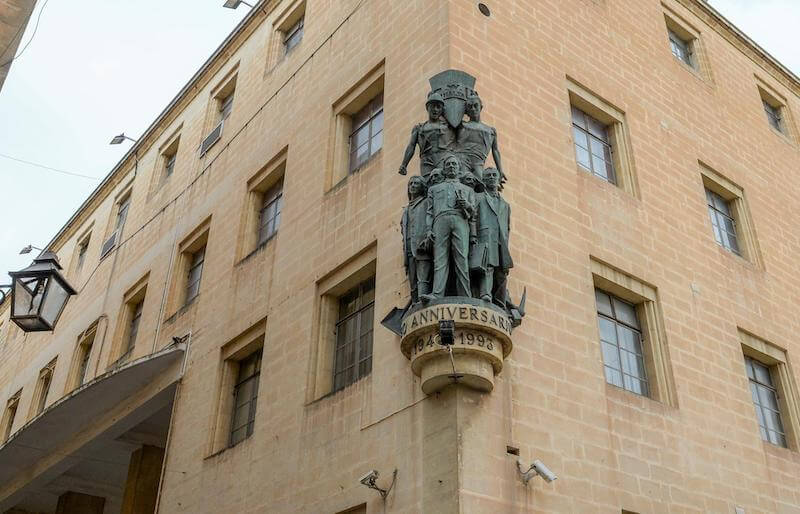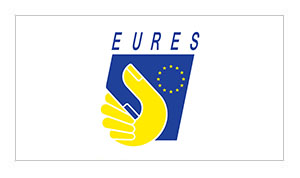Over the years, the GWU has worked not only for the improvement of the working
conditions of workers but also for the progress and emancipation of Maltese in the
social, political and economic spheres of this country. The achievements that the
union has made in the past are still relevant today. For example, the GWU was the
first company in Malta to pay equal wages to its male and female employees.
In the political arena, the GWU fought hard towards the end of the 1940s to ensure
that the right to vote was extended and no longer reserved for wealthy men and
landowners. Thus, universal suffrage was introduced, which led to women also
gaining this right and being able to participate in our country’s democracy.
Immediately after its founding in 1943, the GWU began a nationwide campaign to
introduce laws on trade union rights and freedoms, including a mechanism to resolve
industrial unrest wherever and whenever it arises.
An important and historic piece of legislation introduced at the repeated insistence of
the GWU was the 1952 law known as the Conditions of Employment Act (CERA).
Years later, the GWU also lobbied for the Maltese Parliament to pass the Industrial
Relations Act (IRA) in 1976. This Act ensured that no worker would be penalised for
taking industrial action. This was against the background that the government at the
time wanted to imprison striking workers.












